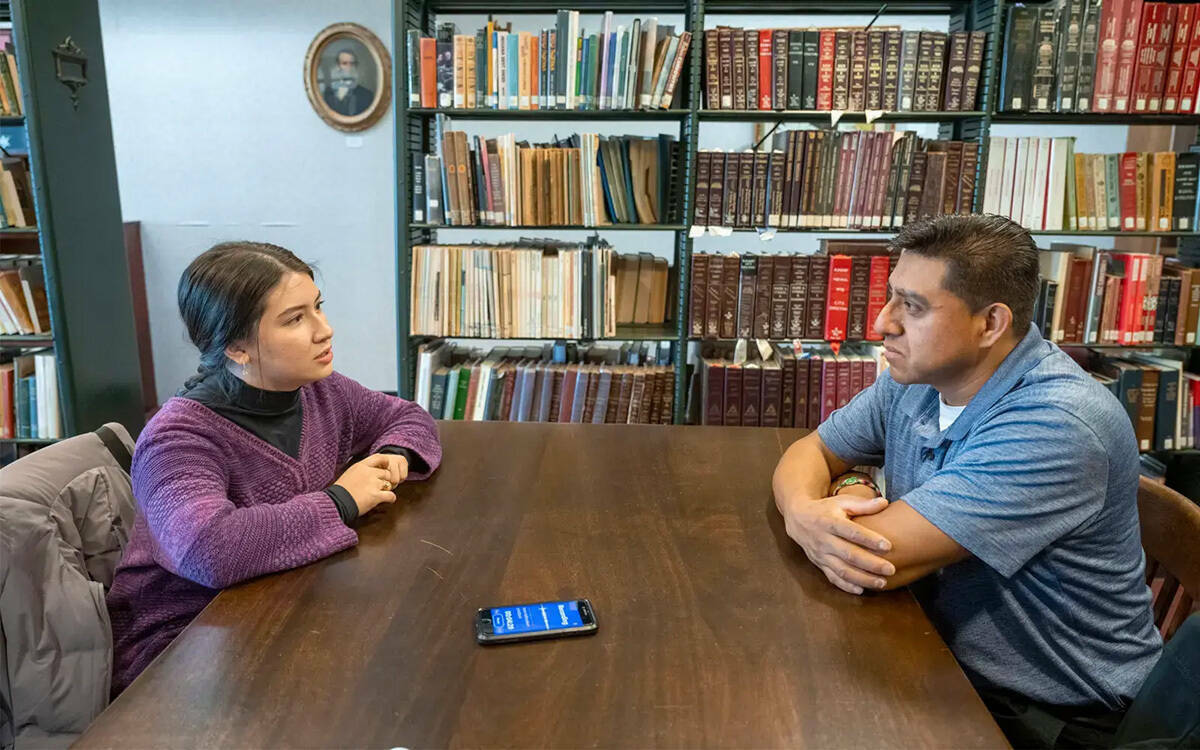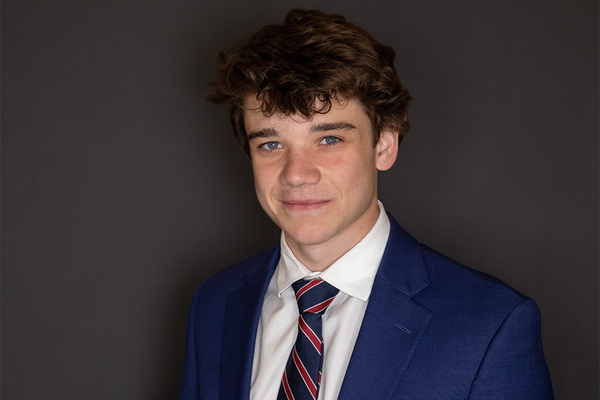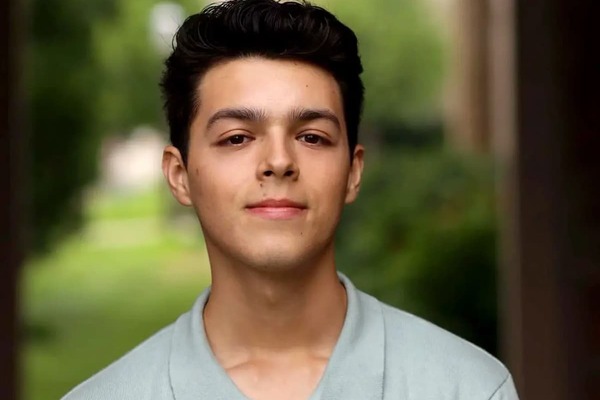
Notre Dame senior Cassandra Bustillos, a psychology major, is one of more than a dozen graduate and undergraduate psychology students working with Jenny Padilla, an assistant professor of psychology at Notre Dame. Padilla works out of the William J. Shaw Center for Children and Families, studying Latino family relationships, and her research focuses on the family as a context of development and psychological adjustment, primarily in adolescence and young adulthood.
“We’re really trying to leverage the strength of familial bonds to buffer the effects of various adverse experiences on depressive symptoms, risky behaviors, and overall well-being,” Padilla says. “I’m trying to highlight the protective role that family relationships can play, particularly emphasizing the significance of understudied connections like siblings and father-youth relationships.”
Padilla’s research is part of Notre Dame’s historic commitment to fighting a mental health crisis in our country. The University is bringing together a coalition of benefactors, foundations, and other funders who have committed more than $68 million over the past year to develop innovative solutions and expand access to care.
That effort includes the new Veldman Family Psychology Clinic to develop evidence-based solutions in childhood trauma, suicide prevention, and substance abuse. Its work will partner with and build on the Shaw Center’s years of research.
Like others at the Shaw Center, Padilla explores developmental psychology in ways that could potentially lead to positive intervention strategies. The center’s director, Kristin Valentino, has created intervention programs that improve caregiving and developmental outcomes for maltreated children.
“Jenny and I are studying things like, how does discrimination affect mental health?” Valentino says. “What are the risk and protective factors potentially unique to Mexican culture, for example, that may help us understand developmental trajectories towards mental illness or towards resilience?”
Read more about this research in a feature story at nd.edu/stories.


